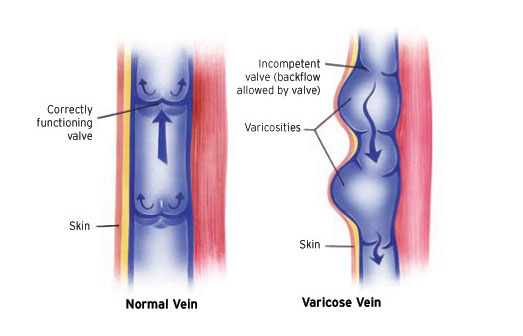If you have had a doctors appointment over the past twelve months, there is a good chance you spoke with your doctor over the phone or via video call. COVID-19 began what could possibly become a very normal way for us to talk with a GP, or chat to a mental health professional. With remote care becoming more common, here’s why telehealth consultations are the future for healthcare.
What is telehealth?
The face of medicine and medical care around the world has evolved with the help of telemedicine. What exactly is it? Telemedicine or telehealth refers to the use of electronic communications or media to dispense medical advice, to diagnose illness and monitor patients. This form of care can include video or telephone calls, teleconferencing and sharing of images.
With healthcare costs rising and accessibility to doctors and top specialists on the decline, it’s emerging as a life-saving option for many people.
Improved accessibility for immobile patients and those in remote areas
Remote and rural areas of the country don’t always have hospitals or even physicians nearby. Travelling to receive medical attention, therefore, can be very time-consuming. Even if patients don’t live far away, mobility issues can limit one’s access to doctors and hospitals. Telehealth removes the barriers of distance and physical challenges by bringing the doctor directly into the home.
Urgent medical questions can be answered
For new and existing patients alike, getting answers to medical questions is very important. Whether it’s a medication issue or complication following a medical procedure, it’s no longer necessary to travel to the hospital to ask a simple question or for long-term patient monitoring.
With telehealth, it’s possible to get in touch with a medical professional almost immediately and have health questions answered via images, videos and video chats. Not only does this allow patients to receive medical care without delay, but it also ensures those who aren’t able to visit their doctor during business hours can still access prescribed care and medication.
Patients have access to their results faster
Patients awaiting test results often have to wait a long time for an appointment, they have to travel to discuss the findings with their doctor. Telehealth has shortened this waiting time. Patients now have improved access not only to their physician but to all their health information as well. Tests, x-rays and scans can be easily shared and discussed almost immediately through video chat.
Why virtual doctor consultations are the future for healthcare
Many people shy away from hospitals and may delay seeking medical attention for privacy reasons. This is particularly true for those suffering from mental health issues or an embarrassing medical condition.
A public setting such as a hospital or even the doctor’s office can deter patients from sharing their medical concerns with others or those worried they will run into someone they know. Telehealth professionals are trained to protect a patient’s privacy at all times.
Protection of medical records is enforced too. Instead of having paper documents floating around the office, results and lab exams can be transmitted directly from the doctor to the patient without ever creating physical copies.
Learn more about the treatment options available for varicose veins.

Telehealth benefits medical professionals
Patients are not the only ones who can benefit from fewer visits to the hospital. Doctors, nurses and other medical professionals are helped by telehealth as well.
Emergency rooms are often congested and overcrowded because they are packed with patients who don’t have an actual emergency. For this reason, wait times to see an ER doctor can be extremely long for non-life-threatening conditions such as the common cold or ear infection.
Telehealth reduces the patient population in hospitals by taking the load off the emergency room system. Fewer patients allow more resources to be allocated to those truly in need of immediate care and attention.
What about telehealth consultations for varicose veins?
At The Vein Institute, if you can’t come to our clinic you can now request a video consultation with our doctors. To book, simply call 1300 535 017, or request an appointment HERE.
If you are unsure if you have varicose veins, you can also try our vein self-assessment tool. It will help you identify whether you have spider veins or varicose veins and whether treatment is recommended.
If treatment is necessary, you will be required to see a doctor in-person. This is so an ultrasound and full analysis of your legs and veins can be conducted.
Seek expert advice
The doctors at The Vein Institute specialise in varicose vein treatment. We offer patients a comprehensive program using non-surgical laser treatment techniques. You can learn more in our Definitive Guide to Varicose Vein Treatment.
The benefits of non-surgical varicose vein treatment are:
- Walk-in walk-out treatment
- 98% success rate
- Extremely effective
- Can be performed at a clinic (no hospitalisation)
- No general anaesthetic
- Medicare rebates apply
- No downtime or time away from work
To book a telehealth consultation and discuss our treatment program, call 1300 981 402. Or, make an enquiry via the Contact Us page.